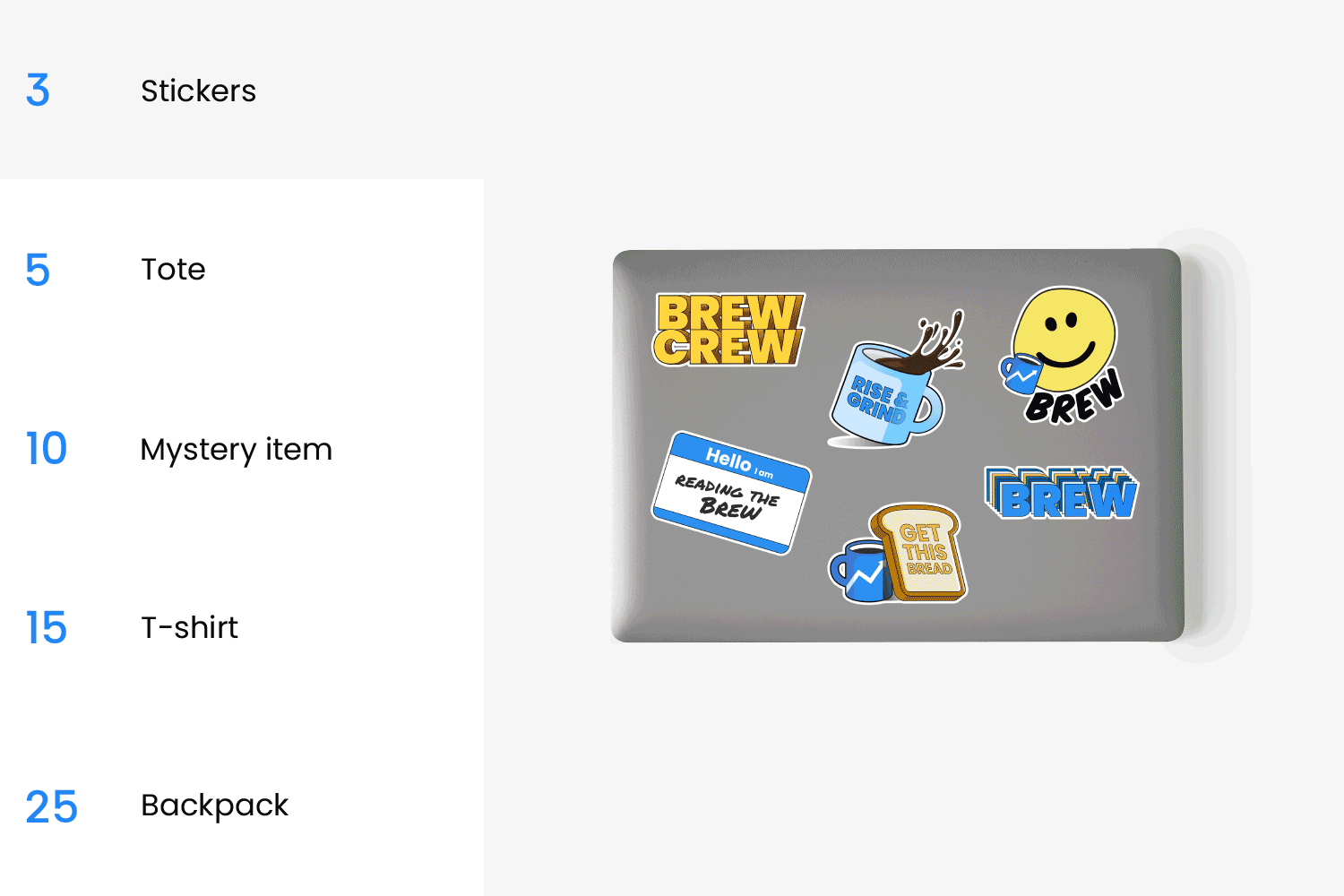BRAND STRATEGY Before founding swimwear brand Andie, Melanie Travis found that women’s swimsuits, despite being sold to women, were often advertised with a different gaze in mind. “Seven or eight years ago when I started Andie, if you did a Google image search for ‘women’s swim,’ it was all really thin women covered in cocoa butter on a rocky cliffside,” Travis told us. “It was so impractical and not at all what I was looking for.” A lot has changed in less than a decade, and Travis now thinks women’s swimsuits and the way they’re marketed seem to be changing for the better. That’s due, in part, to a growing number of inclusive brands, which she said is welcome competition. “We need to turn the tide on objectifying women’s bodies,” Travis said. It’s one thing to want an inclusive swimsuit company, but it’s another thing to start one. Travis, who previously worked at companies like Foursquare, Kickstarter, and Bark & Co., said her past experience gave her a playbook for acquiring customers online as she built Andie. Her experience also taught her the importance of creating a brand personality and fostering a brand community, she said. “If there’s no physical storefront, as there was not when [Andie] launched, and it only exists on the internet, you really have to craft something that is meaningful and powerful and has character that’s more than a dot-com,” she said. From the colors to the logo to the fonts used, Travis said she wanted Andie to feel friendly and approachable, offering an alternative to a swimsuit shopping experience that might feel uncomfortable. “Wearing a swimsuit is the most naked women will ever be in public,” Travis said. Continue reading here.—KH | | |
|
|
FROM THE CREW Set up a 401(k), buy a starter home, retire by 65…we’ve heard it all before. But is that traditional financial advice still valid? And should it be? The Money with Katie Show is a weekly podcast unpacking the biggest questions around millennial money, from the myth of the starter home to the impacts of self-care culture and the beauty industry. See why this illuminating podcast has 5m+ downloads. Tune in now. |
|
|
SOCIAL & INFLUENCERS At the first White House Creator Economy Conference last week, President Biden called creators “the future” and joked about how he could be part of it. “You are the breakthrough in how we communicate,” he said. “And that’s why I invited you to the White House, because I’m looking for a job.” The event, hosted by the White House’s Office of Digital Strategy, aimed to discuss issues like AI, privacy, pay equity, and mental health. Deputy Treasury Secretary Wally Adeyemo and Domestic Policy Advisor Neera Tanden were among those who hosted panels on the topics. “I think the changes in this space have been so quick and dynamic and so fast with things like AI…it’s nice to know that the government is taking it seriously,” Julian Reis, CEO and co-founder of creator marketplace company SuperOrdinary, who didn’t attend, told Marketing Brew. Around 100 creators were present, including Nick Arrington, who told us via email that he found the discussions around AI and misinformation to be “thought-provoking.” He said the representation of creators in the room spanned a variety of platforms and specialties, including health/wellness, beauty, and sports. “My likeness is used in memes across the internet,” Arrington told us. “Although I enjoy the exposure and they often give me a good laugh, I am not being compensated for these images. I wanted to hear what the federal government had to say about protections around things like this.” Plus, he added, “when the president of the United States calls, you show up. Full stop.” Read more here.—KH | | |
|
|
TV & STREAMING Netflix is getting further into the weeds of its advertising business. The world’s biggest streaming platform, which has been hard at work building out its ads platform, is partnering with cloud data platform Snowflake, data broker LiveRamp, and clean-room technology company InfoSum. The partnerships will give advertisers access to clean rooms, a relatively nascent privacy technology that lets advertisers share data across platforms. “The clean rooms will allow advertisers to determine audience overlap, post-campaign reach and frequency, and last-touch attribution in a secure environment,” according to a company press release. While Netflix’s advertisers can use Snowflake’s clean room today, InfoSum and LiveRamp will follow in the “coming months,” the company said. Building blocks: Netflix executives have been upfront about their efforts to build out their ads business as they look to boost revenue and subscribers. “We’re adding more sales folks, we’re adding more ads operation folks, [and] building our capabilities to meet advertisers,” Greg Peters, co-CEO of Netflix, told investors in July. “A big component of that is giving advertisers more effective ways to buy Netflix. It’s a big point of feedback that we heard from advertisers.” The platform has slowly built out its advertising business, which it first introduced in 2022, initially selecting Microsoft to exclusively handle the tech and sales side of the business. A year later, the duo reworked the partnership to lower ad prices, the Wall Street Journal reported. Netflix has since signed deals with some of the largest ad-tech companies, including Google, Magnite, and The Trade Desk, to expand its programmatic offerings, and is looking to roll out its own in-house ad server by 2025. Keep reading here.—RB | | |
|
|
TOGETHER WITH BAZAARVOICE Social is the new search. So…is your brand popping up on search? Consider including social media and influencer campaigns in your holiday season prep. Start with this infographic from Bazaarvoice. They surveyed consumers from around the world to find out what they want to see from brands. See the full infographic. |
|
|
FRENCH PRESS There are a lot of bad marketing tips out there. These aren’t those. Op-ed: Brand safety shouldn’t be “canceled,” it should be improved, according to Newsweek owner and CEO, Dev Pragad. Trust no one: Some possible outcomes of a potential Google breakup, according to Digiday. Streaming: Spotify rebranded its ad tech. Here are the details about the audio platform’s programmatic push. |
|
|
METRICS AND MEDIA Stat: 8%. That’s how much adult diaper sales are forecast to grow per year, in contrast to baby diaper sales, which dropped 1% last year, Sherwood News reported in a piece examining diaper brands’ challenges shifting to changing demographics. Quote: “I really f***ing hate generative AI. I don’t like what’s happening in the industry, and I don’t like what it’s doing to artists,”—James Cuda, CEO of the design app Procreate, in a video posted on X noting that the company will not incorporate generative AI into its products Read: “An ode to Old Bay, the great American condiment” (the New Yorker) |
|
|
|
ADVERTISE // CAREERS // SHOP // FAQ
Update your email preferences or unsubscribe .
View our privacy policy .
Copyright © 2025 Morning Brew Inc. All rights reserved.
22 W 19th St, 4th Floor, New York, NY 10011 |
|








